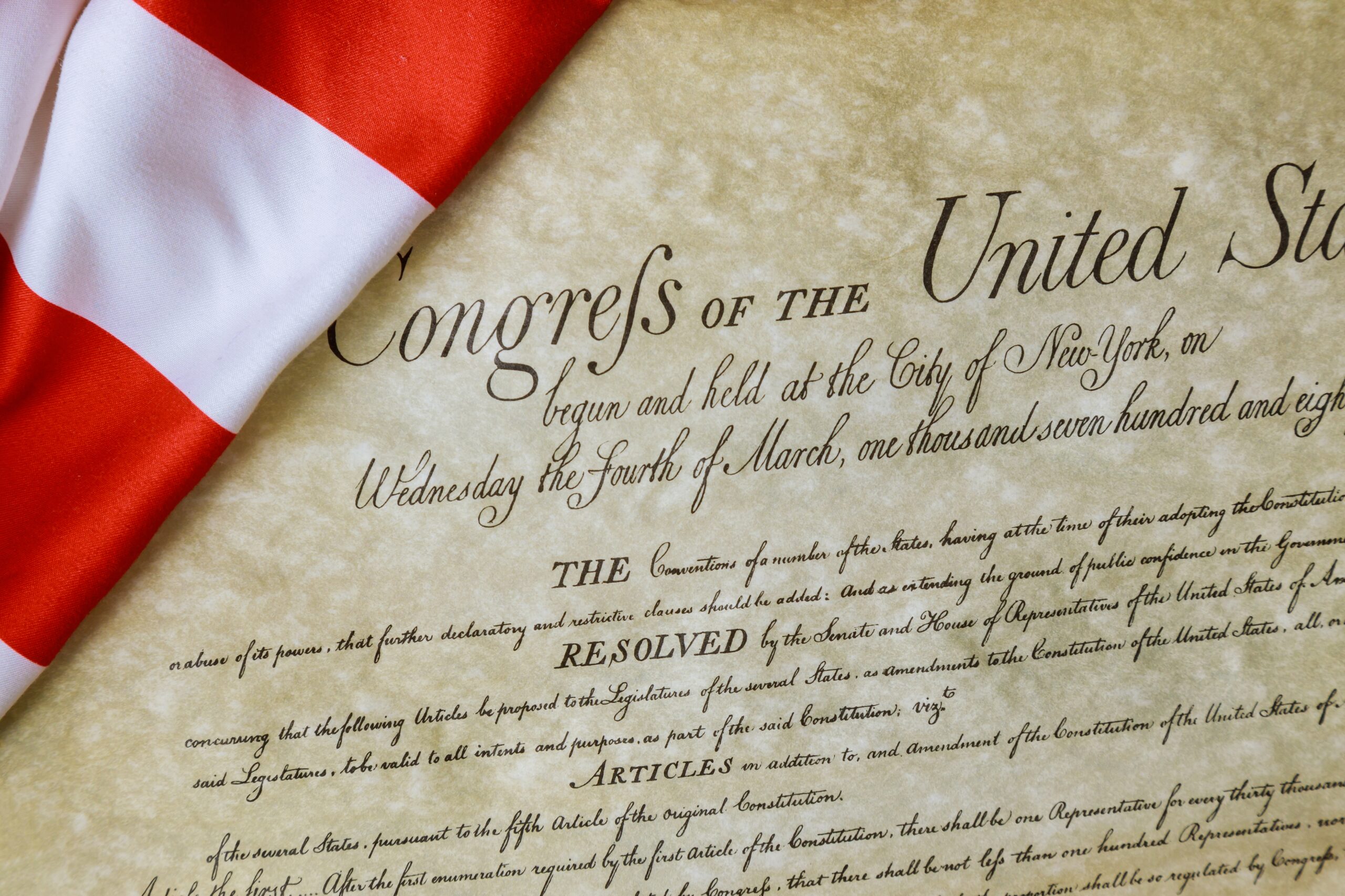In May 2013, North Carolina added Article 8 — entitled “Abusive Patent Assertions” — to chapter 75 of the North Carolina General Statutes, which covers consumer protection. Article 8 gives targets of patent trolls standing to sue over “a bad-faith assertion of patent infringement” and allows for equitable relief, damages, costs and fees, and exemplary damages.
Article 8 provides a list of factors to determine bad faith, including detailed information in the demand letter, demanding a licensing fee, offering a license at an unreasonable price, asserting claims against multiple recipients without differentiating demands, making meritless claims, and demanding a response within an unreasonably short period of time.
The law also grants the court broad discretion to consider other relevant factors.
A federal judge in North Carolina recently denied a constitutional challenge to Article 8, which argued Article 8 unconstitutionally restricts speech and compels patent owners to make certain statements to avoid liability.
The judge rejected the First Amendment argument because Article 8 it provides factors for finding bad faith. Thus, the law only regulates fraudulent statements and adheres to First Amendment precedent.
Over 30 states passed similar patent demand letter laws since 2013, and these laws face various challenges in court. The ruling in North Carolina may be indicative of where courts standing on the constitutional issue facing patent demand letter laws.






